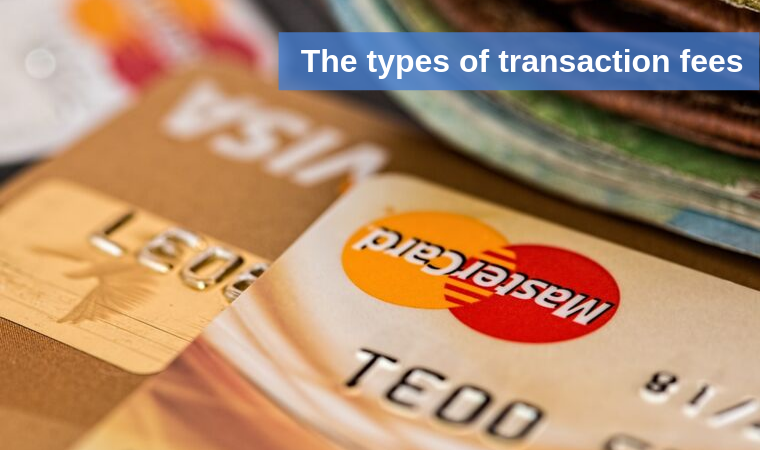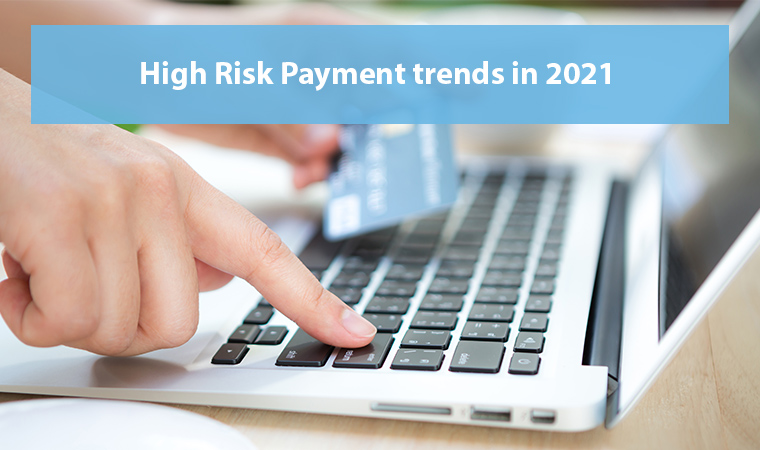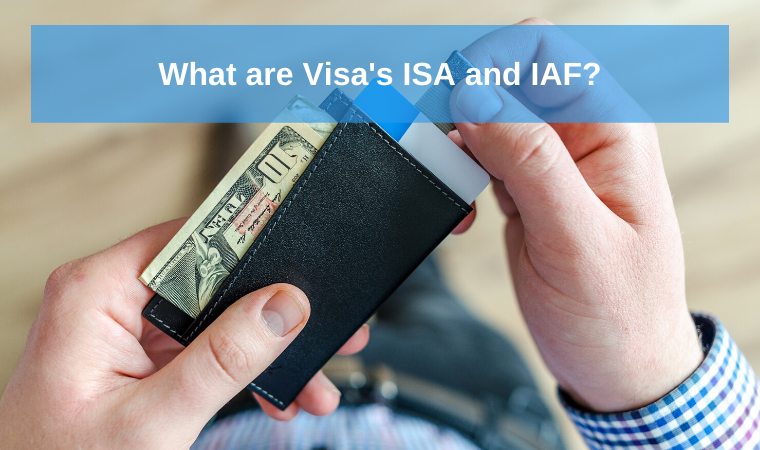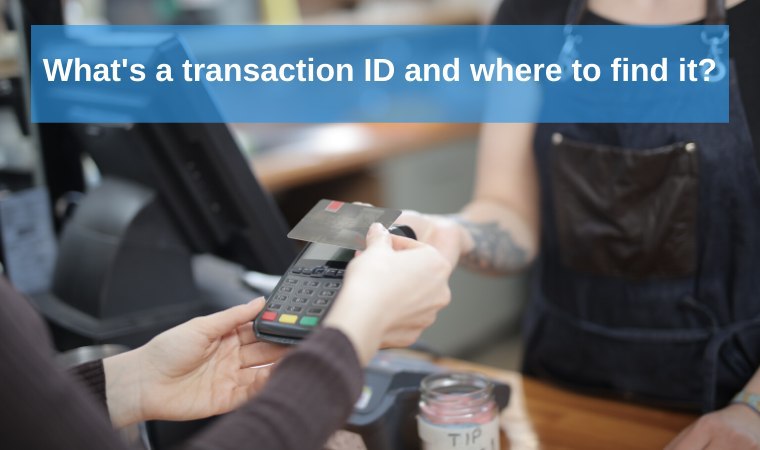What fees do merchants face with?

The term “transaction fee” refers to the origin of the theory of the firm that was written by Ronald Coase. A transaction(processing) fee is a way to determine the cost that is necessary for providing some goods or services through the online market but not inside the firm. Ronald Coase describes in his article “The Problem of Social Cost,” the transaction costs he is concerned with:
“In order to carry out a market transaction, it is necessary to discover who it is that one wishes to deal with, to conduct negotiations leading up to a bargain, to draw up the contract, to undertake the inspection needed to make sure that the terms of the agreement are being observed, and so on.”
In his work, Ronald claims that is without consideration of transaction costs; it is hard to realize the global economy and form a further economic policy.
What do processing fees mean?
Card processing fees sometimes may confuse you because lots of people do not know what are they consist of. However, when running a business, you will face the necessity of paying fees for each transaction. Even if you’re not interested in learning about payment processing, it will be useful to know what exactly you are paying for. Thus, you can avoid unnecessary confrontations, reduce the number of refunds, and be more aware of money flowing.
A transaction fee is an amount of money which all online payment processors charges for transactions your customers make. Frequently, it is the most crucial factor when choosing a payment provider.
But why do some providers charge more and some are less?
That is because the transaction fee consists of a processor’s rate markup and the wholesale cost.
How many types of fees are there?
Every payment companies charge a definite amount of money, according to numerous factors. However, there are general types of rates, and you should know about all of them when choosing a PSP.
General transaction fee
Now, this is a quite common type of fee. It’s a payment agreement that defines that you pay a percentage of each transaction to cover the cost of the processor’s services. However, there are two primary forms of such payments:
- A fixed price for each good (e.g. 10$, 20$, 50$).
- The price in the percentage of each transaction (e.g. 2% + 0.5$).
Flat fee
This fee means that regardless of your business sales volume, you have to pay a fixed price for the processor’s services.
In addition to a transaction fee, a monthly fee may also be mandatory. To provide payments, payment providers have to collaborate with a payment gateway – sophisticated software that allows providing online payments. Companies may develop it on their own or take advantage of an existing solution. Provided that the company uses a third-party payment gateway, merchants must pay an additional monthly fee, some of which will cover the cost of this complex.
Fraud fee
When a client didn’t buy a product, but the money from his card was withdrawn, it may mean that a fraudulent transaction has taken place. In that case, the client has the right to dispute that money withdrawal with their issuing bank. If the bank approves it, a client will get back the whole sum, and the merchant will pay a fee.
Chargeback fees
A chargeback is a process of disputing a bank transaction made by the cardholder in an online store. More often, the cardholder initiates the procedure. However, in some cases, the bank may be the initiator. For example, if an operation took place on a card that does not exist. When you give your customer a payback, banks charge an additional fee.
Disclosure: chargebacks can destroy your business so you should choose the right payment provider, which is suitable for your type of business. Besides, some of them provide a chargeback disputing team to assist you in.
Recurring fees
A recurring payment is a process in which a website, where you buy a service or your PSP receives funds from the customer’s card for a particular product/service with the same frequency. The payment schedule is agreed beforehand and requires one-time permission of the client to withdraw his funds further. When a customer gets a product for the first time, he enters his card details. All subsequent transactions will take place automatically.
Interchange fees
It is a commission paid by credit organizations involved in servicing bank cards to each other in the course of transactions.
For example, a customer purchased an item with a credit card. The acquiring bank sends an appropriate request to the card issuer. A fee follows this operation. So, the credit organization serving the trading company takes an acquiring fee from it and pays part of this money to the bank that issued the debit or credit card.
The amount of the interchange fee affects the acquiring commission and, accordingly, the profit of the trading organization.
Final thoughts
Knowing where the transaction fee comes from will help you avoid many difficulties. For example, when choosing a payment provider, the price does not always have to play a decisive role. Depending on the type of business, it may fluctuate. If you have a high-risk business, then the fee will be higher. However, this does not mean that you should immediately look for cheaper. Here are some factors that you should also consider when choosing a payment provider:
- Some PSPs suggest separate payment methods, and it is essential to determine the best one for your demands.
- Targeting audience and geo. Identifying a target market helps your company develop effective marketing communication strategies.
- Find out whether your payment provider accepts recurring payments or subscription payment model or not.
- Availability of customer support.


